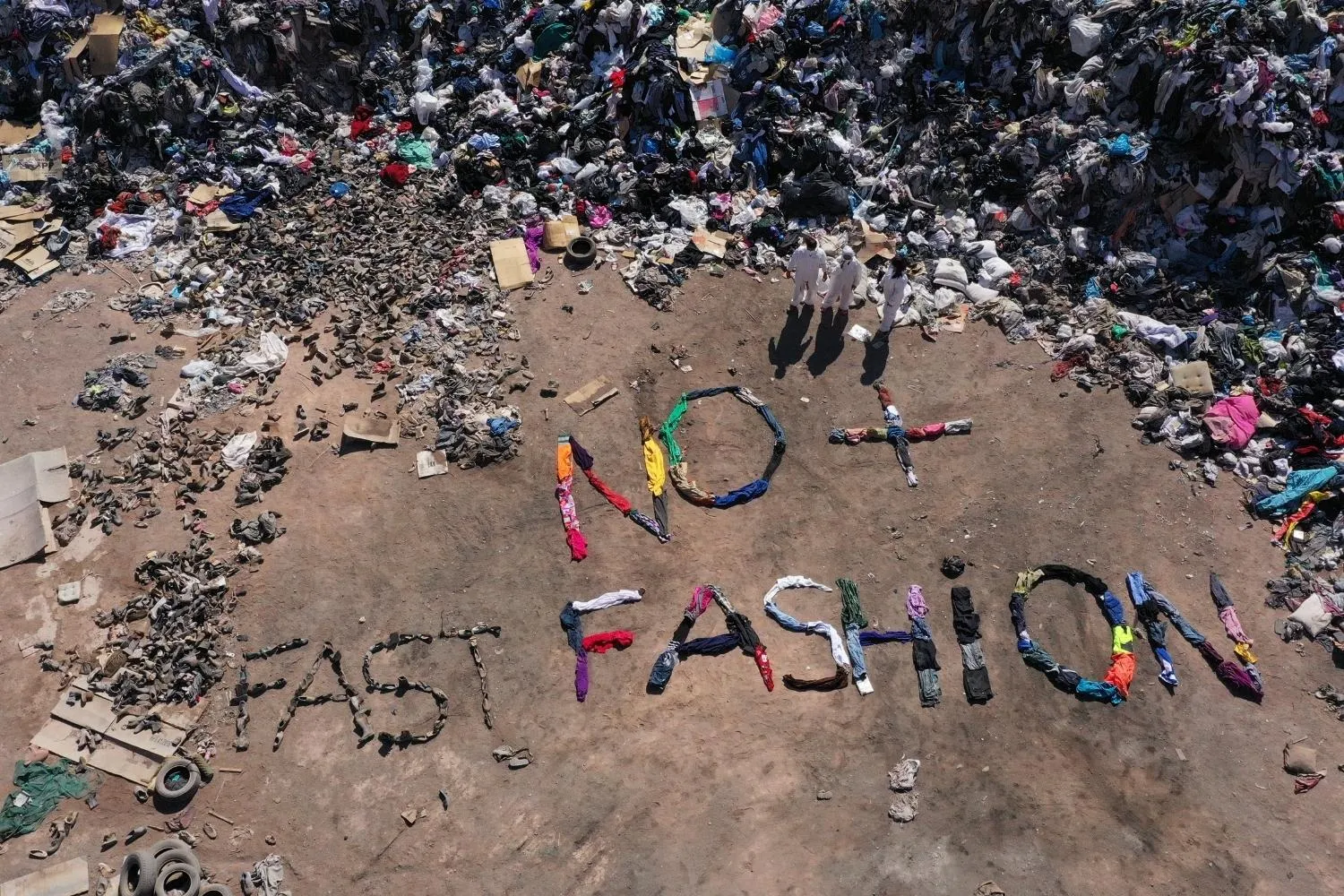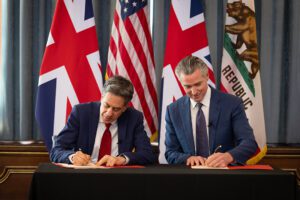Key Impact Points:
- NGFS unveils four near-term climate scenarios to simulate economic and financial impacts of climate shocks through 2030.
- Scenarios support climate stress testing, risk assessments, and monetary policy across global financial systems.
- Developed with academic partners, the dataset offers sectoral and geographic detail to inform decision-making.
NGFS Releases First Short-Term Climate Scenarios
The Network for Greening the Financial System (NGFS) released its first set of short-term climate scenarios this week. This new tool provides detailed insights into how climate policies and physical risks could impact financial systems and economies between now and 2030. Developed with academic partners Climate Finance Alpha (CLIMAFIN), E3-Modelling / RICARDO, and IIASA, the scenarios simulate macroeconomic and sectoral responses to transition and physical climate shocks.
“The new NGFS short-term climate scenarios are a milestone in enhancing our understanding of climate-related risks,” said Sabine Mauderer, Chair of the NGFS and First Deputy Governor of the Deutsche Bundesbank.
Four Climate Scenarios for Stress Testing and Risk Planning
The release includes four scenarios: “Disasters and Policy Stagnation” focuses on extreme physical risks; “Highway to Paris” models a smooth, technology-led transition; “Sudden Wake-Up Call” considers abrupt policy shifts; and “Diverging Realities” explores the dual impact of physical and transition risks with unequal outcomes across regions.
“This new set of scenarios helps to describe the more immediate impacts of climate shocks and policy shifts… especially relevant for investment decisions, financial supervision, monetary policy, and risk management,” said Livio Stracca, Chair of the NGFS Scenario Workstream and Deputy Director General Financial Stability at the European Central Bank.
Tool Built for Central Banks and Supervisors
Designed for climate stress testing and macro-financial analysis, the tool offers high-resolution data on economic sectors, financial indicators, and the interaction between climate policy, extreme weather events, and market dynamics. According to NGFS, the scenarios are particularly useful for monetary and macroprudential policy design.
“The results remind us that reducing or delaying climate action will likely worsen future economic damages,” added Mauderer.
The dataset is free to download and available here: NGFS Short-Term Climate Scenarios
The NGFS was established in 2017 to help central banks and supervisors strengthen the financial system’s resilience to climate risks and align with the Paris Agreement. These short-term scenarios complement NGFS’s existing long-term climate pathways, providing immediate guidance for financial decision-makers.
“Robust and actionable climate risk analysis is essential for the global economy to navigate the climate challenge,” said Mauderer and Stracca. “The NGFS short-term scenarios are hence a vital instrument for conducting risk assessments and making informed decisions with greater confidence.”
Related Article: UNDP and Philippine Government Collaborate on Comprehensive Climate Finance Strategy

 Follow SDG News on LinkedIn
Follow SDG News on LinkedIn











